antibiotics for periodontal disease
Understanding Periodontal Disease
Antibiotics for periodontal disease periodontal disease, commonly known as gum disease, is a chronic inflammatory condition affecting the tissues surrounding the teeth. It is characterized by gum inflammation, loss of connective tissue attachment, and bone destruction, ultimately leading to tooth loss if left untreated.
Role of Antibiotics
Antibiotics play a crucial role in the management of periodontal disease by targeting and eliminating pathogenic bacteria responsible for gum inflammation and tissue destruction.
Causes and Symptoms
Gum Inflammation and Bleeding
Without proper intervention, gingivitis can progress to periodontitis, leading to more severe symptoms and complications.
Gum Recession and Pocket Formation
As periodontal disease advances, the gums may recede, exposing the roots of the teeth and creating pockets between the gums and teeth.
Bone Loss and Tooth Mobility
In severe cases of periodontitis, the bone supporting the teeth may erode, leading to tooth mobility and eventual tooth loss. Bone loss is a hallmark feature of advanced periodontal disease and often requires comprehensive treatment to address.
Types of Antibiotics
Penicillins
They work by interfering with bacterial cell wall synthesis, leading to bacterial death.
Metronidazole
Metronidazole is a nitroimidazole antibiotic with potent activity against anaerobic bacteria, including those associated with periodontal disease.
Combination Therapies
Combining antibiotics with different mechanisms of action can enhance their synergistic effects and improve treatment outcomes in complex cases of periodontal disease. Combination therapy may involve systemic antibiotics, topical antibiotics, or locally delivered antimicrobials.
Extended-Release Formulations
These devices gradually release antibiotics over time, providing sustained antimicrobial activity.
Periodontal Antibiotic Therapy
Periodontal antibiotic therapy involves the use of antibiotics to supplement mechanical periodontal treatment and target bacterial pathogens residing within periodontal pockets.
Side Effects and Precautions
Allergic Reactions
Some individuals may experience allergic reactions to antibiotics, ranging from mild skin rashes to severe anaphylaxis. It’s essential to be aware of potential allergic symptoms and seek immediate medical attention if they occur.
Gastrointestinal Symptoms
Drug Interactions
Antibiotics may interact with other medications, supplements, or substances, altering their efficacy or increasing the risk of adverse effects. It’s crucial to inform your healthcare provider about all medications you are taking to avoid potential drug interactions.
Precautions for Antibiotic Use
Failure to adhere to prescribed antibiotic regimens can lead to treatment failure and contribute to antibiotic resistance.
Consultation with Healthcare Provider
Your provider will assess your oral health status, prescribe appropriate antibiotics if necessary, and monitor your response to treatment.
Follow-up and Monitoring
Your provider may recommend additional periodontal procedures or adjustments to your oral hygiene routine to optimize treatment outcomes.s.
FAQs
What are the benefits of antibiotics for periodontal disease?
Antibiotics can target and eliminate pathogenic bacteria responsible for gum inflammation and tissue destruction, enhancing the effectiveness of periodontal treatment and promoting periodontal health.
How long does it take for antibiotics to work for periodontal disease?
The time it takes for antibiotics to work for periodontal disease varies depending on the specific antibiotic, the severity of the infection, and the individual’s response to treatment.




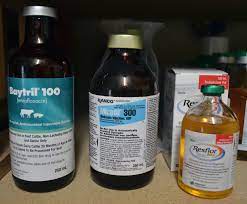



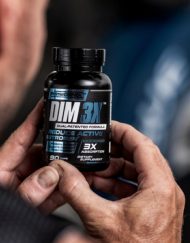


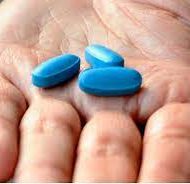





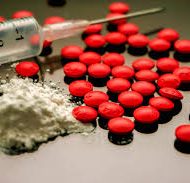

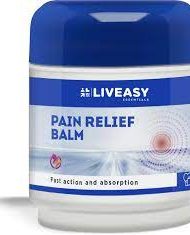

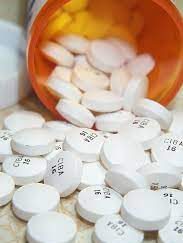


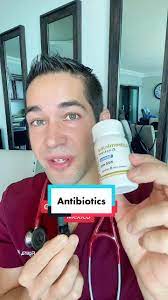



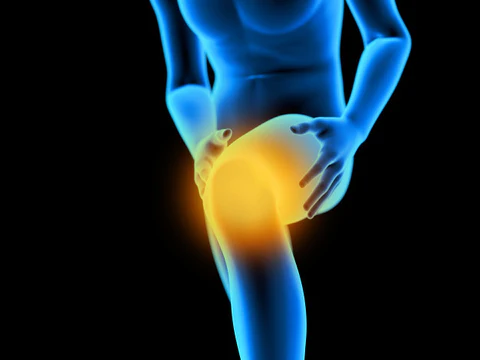
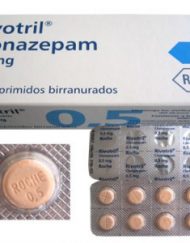
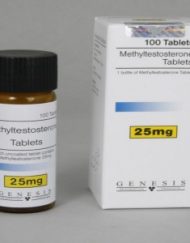


Recent Comments